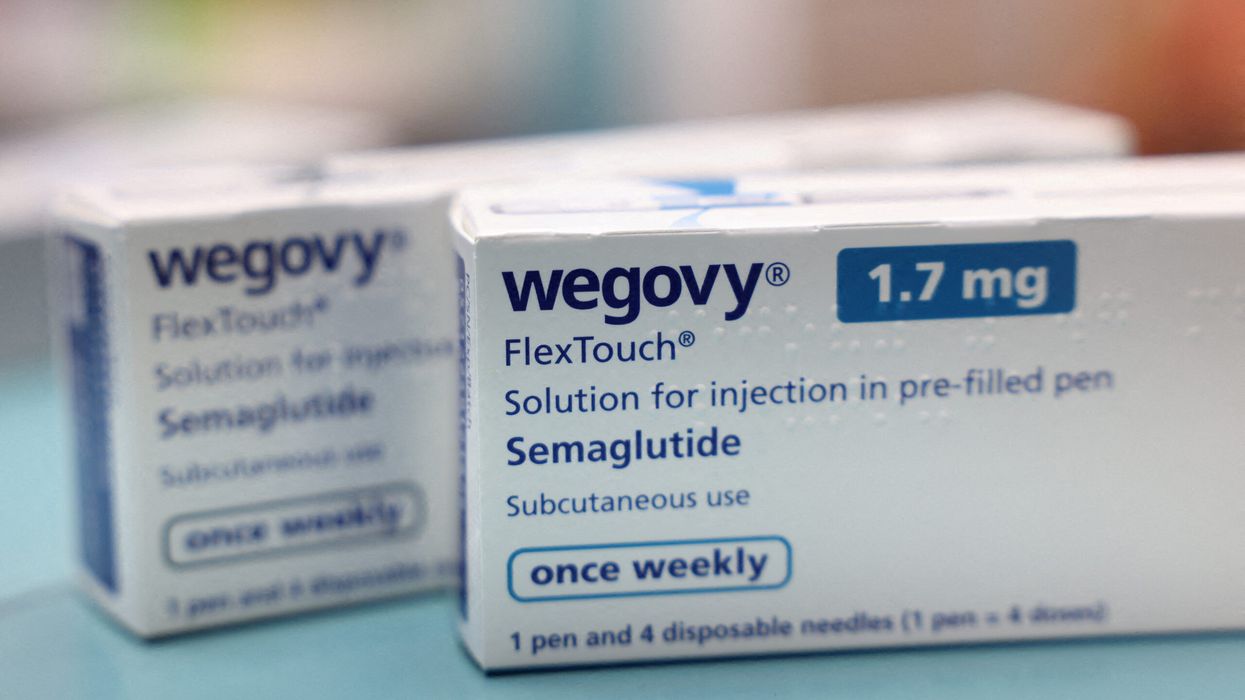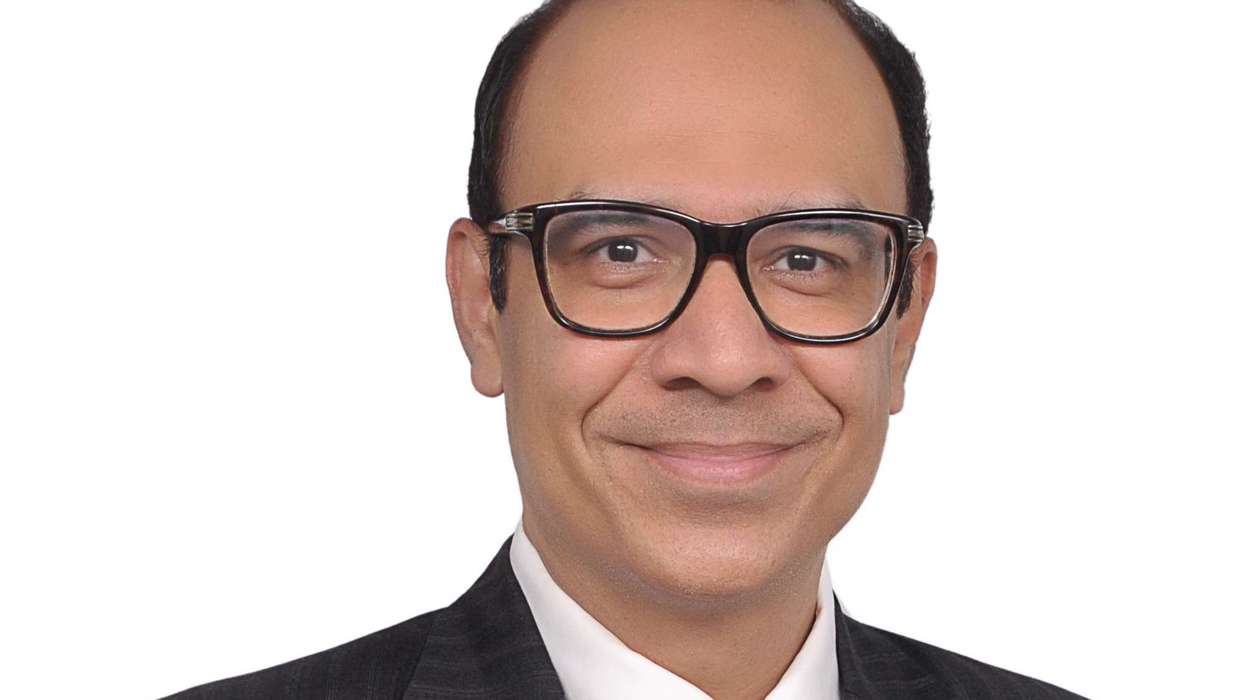The General Pharmaceutical Council (GPhC), which oversees UK pharmacies, has introduced stricter rules for online pharmacies prescribing obesity drugs. The regulator said the changes aim to prevent individuals from receiving medicines that could pose health risks.
The new guidance, updated for the first time in three years, follows concerns about how some online pharmacies dispense weight-loss drugs.
The GPhC has also added GLP-1 receptor agonists, including weight-loss injections Wegovy and Mounjaro, to its list of "high-risk medicines."
These drugs will now require extra safeguards when prescribed, similar to opioids, sedatives, antibiotics, and medicines for long-term conditions like asthma and diabetes.
Demand for obesity drugs in the UK has grown significantly. Last year, several online pharmacies estimated that around 500,000 people were using these medications through the private market, surpassing the number receiving them via the state-run National Health Service (NHS).
"We have seen, through our inspections and concerns raised by the public, some concerning ways in which these drugs were being supplied online and we have taken action as a result," said Louise Edwards, Chief Strategy Officer at the GPhC.
Since 2021, the regulator has taken enforcement action against at least a dozen online pharmacies over their supply of weight-loss medicines, Edwards said.
Under the updated rules, online pharmacies must now "independently verify the person's weight, height, and/or body mass index" before prescribing obesity drugs.
This can be done through a video consultation, reviewing clinical records, or contacting the person's doctor. Online questionnaires and phone calls will no longer be considered sufficient for verification.
Wegovy is produced by Danish pharmaceutical company Novo Nordisk, while Mounjaro is made by US-based Lilly. Both companies have seen significant profits from their weight-loss drugs.
In December, the World Health Organization said these medications, alongside other health measures, could play a role in addressing the global obesity crisis.




